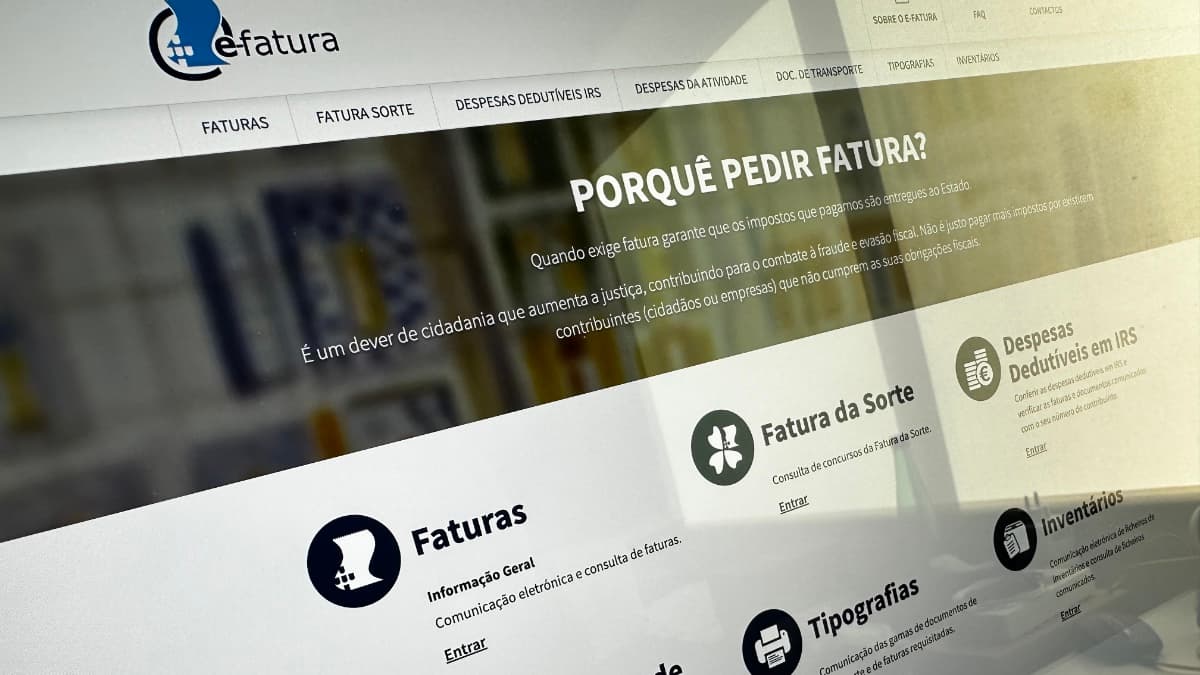
Reduced IRS on Capital Gains from Stocks and ETFs
By Ricardo Chaves
Reduced IRS on Capital Gains from Stocks and ETFs
Save More with Long-Term Investments
Law No. 31/2024, of June 28, introduces a series of tax incentives designed to stimulate capital market development and enhance the capitalization of non-financial companies.
While the general tax rate on capital gains remains unchanged, the new law implements a progressive tax reduction based on the holding period of securities—the longer an asset is held, the lower the effective tax rate.
This measure particularly benefits long-term investors in stocks, investment funds, and other capital market instruments, encouraging a “buy and hold” strategy. The tax reduction applies to publicly traded securities and shares in open-ended collective investment vehicles, making long-term investment more attractive under the revised tax framework.
Long-term investors who are tax residents in Portugal will benefit from reduced taxation on capital gains from investments in the capital market. The longer the holding period, the greater the tax exemption.
In practice, the tax required by the state decreases as the investment period increases. Here’s an example:
| Holding Period | Exempt Percentage | Effective Tax Rate |
| ≥ 8 years | 30% tax-exempt | 19.6% |
| ≥ 5 years & < 8 years | 20% tax-exempt | 22.4% |
| > 2 years & < 5 years | 10% tax-exempt | 25.2% |
| < 2 years | No exemption | 28% |
This measure is designed to encourage long-term investment and aligns with the “buy and hold” strategy, rewarding investors who maintain their positions for extended periods.
Example scenario:
Imagine your investment generates €1,000 in capital gains.
See how the tax savings vary depending on how long you hold your assets:
Holding Period | Exempt Percentage | Taxable Amount (€) | Effective Tax Rate | Tax Due (€) | Net Gain After Tax |
Less than 2 years | No exemption | €1,000 | 28% | €280 | €720 |
More than 2 years & less than 5 years | 10% tax-exempt | €900 | 25.2% | €252 | €748 |
5 to 8 years | 20% tax-exempt | €800 | 22.4% | €224 | €776 |
8 years or more | 30% tax-exempt | €700 | 19.6% | €196 | €804 |
Mandatory Aggregation & Key Considerations:
- The exempt portions also apply when opting for aggregation.
- Since January 1, 2023, mandatory aggregation applies if securities are held for less than 365 days and the taxpayer has a taxable income at or above the highest IRS bracket.
- Under the new rules, this threshold has been reduced to €80,000 in 2024.
- According to Binding Ruling No. 25182, the €80,000 threshold applies per taxpayer. Thus, if one household member reaches this threshold, aggregation applies, regardless of the other member’s income.
Corporate Tax Benefits (IRC)
The new law also introduces incentives for collective investment vehicles and companies seeking public listing:
- Tax Benefits for Investment Funds: Collective investment vehicles dedicated to affordable housing rentals benefit from specific tax advantages.
- Incentives for IPOs: Microenterprises, SMEs, small mid-caps, and mid-caps that place at least 20% of their share capital on the stock exchange can benefit from enhanced tax deductions.
- 100% Deduction on IPO Expenses: Expenses related to the public listing—incurred in the year of the IPO and the following year—are fully deductible for corporate tax (IRC) purposes.
These measures aim to foster capital market growth, facilitate business financing, and enhance investor participation in long-term securities investments.
Exclusions:
Not all financial assets qualify for reduced taxation on capital gains.
For example, cryptocurrency assets, derivative financial instruments, and certificates are excluded.
Likewise, financial products issued by entities in jurisdictions classified as ‘tax havens’ are not covered under this new regime, nor are gains from standalone warrant operations.
Additionally, this law does not apply to fractional shares or fractional ETFs.
If you need further clarification on how these changes impact your investments or require assistance with tax matters, our team is here to help.
Feel free to contact us at info@afm.tax or call +351 281 029 059.









